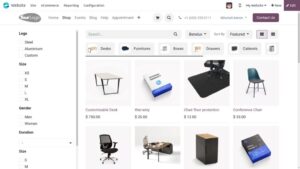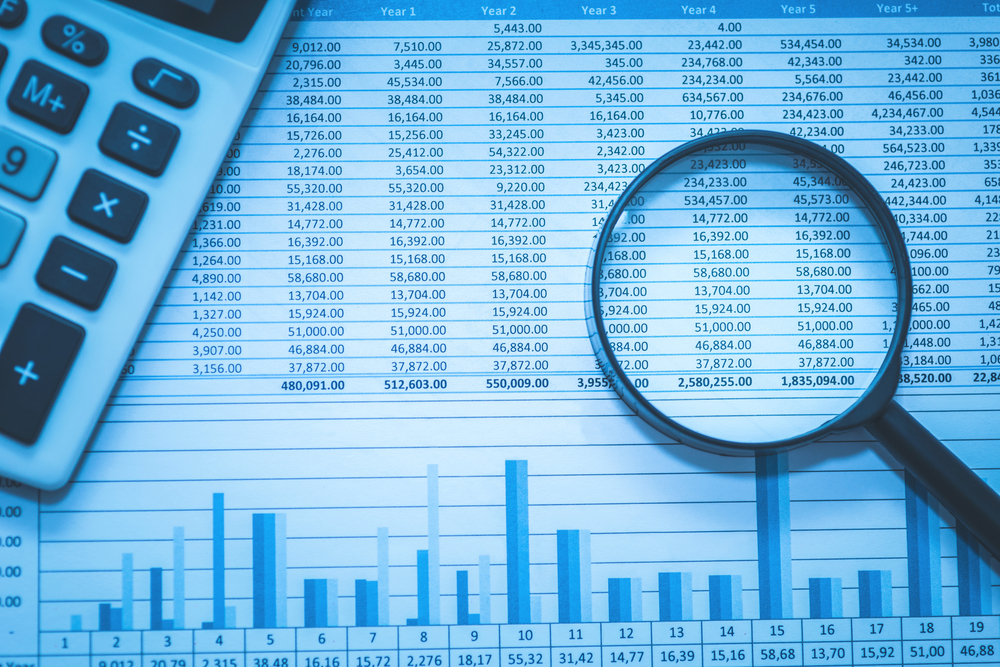Interested in mastering deferred expenses with Odoo 17 Accounting?
Imagine you’ve made payments in advance but haven’t yet utilized or spent the funds. These are known as deferred or prepaid expenses. They’re not immediately recognized on the income statement; instead, their recognition is spread over time, a process called amortization or expense recognition. Essentially, a deferred expense occurs when you pay for a service, asset, or benefit before using or consuming it, creating an asset on the balance sheet that promises future economic benefits.
Rather than expensing the entire amount immediately, businesses defer it to future periods as the benefit is realized. Properly managing deferred expenses is vital for precise financial reporting, ensuring expenses align with revenue generation.
In the realm of accounting, controlling deferred expenses is paramount for accurate financial records. Odoo 17, a versatile business management software, provides robust accounting features, including tools for managing deferred expenses. Let’s explore the steps to calculate deferred expenses in Odoo 17 accounting, empowering businesses with effective financial management.
Creating New Journal Entries:
Log in to your Odoo instance, head to the Accounting module, and select ‘Journal Entries’ to access the dashboard. Here, you’ll create a new journal entry by clicking ‘New’. Within the entry form, designate the deferred expense account in the ‘Journal Items’ tab. This account reflects future costs paid in advance. Enter the advance payment amount, allocating it to the deferred expense account. Ensure the transaction date aligns with the payment date.
Allocating Expense to a Deferred Expense Account:
Recognizing the expense’s benefit, create a second journal entry. Credit the deferred expense account and debit the appropriate expense account to acknowledge the incurred expense.
Generate Reports:
Utilize Odoo’s reporting tools to generate statements like profit and loss statements. These reports offer insights into the impact of deferred expenses on financials.
Regular Analysis and Adjustments:
Periodically review deferred expense entries for accuracy. Make revisions as necessary, especially if there are changes in the timing of expenditures. Utilize filtering options to facilitate modifications, particularly,when the delivery date of products or services shifts.
Effective deferred expense management is pivotal for accurate financial record-keeping. Odoo 17’s accounting module streamlines this process, equipping businesses with the necessary tools. By following these steps, businesses ensure financial reports accurately depict incurred expenses, facilitating informed decision-making and financial management.



